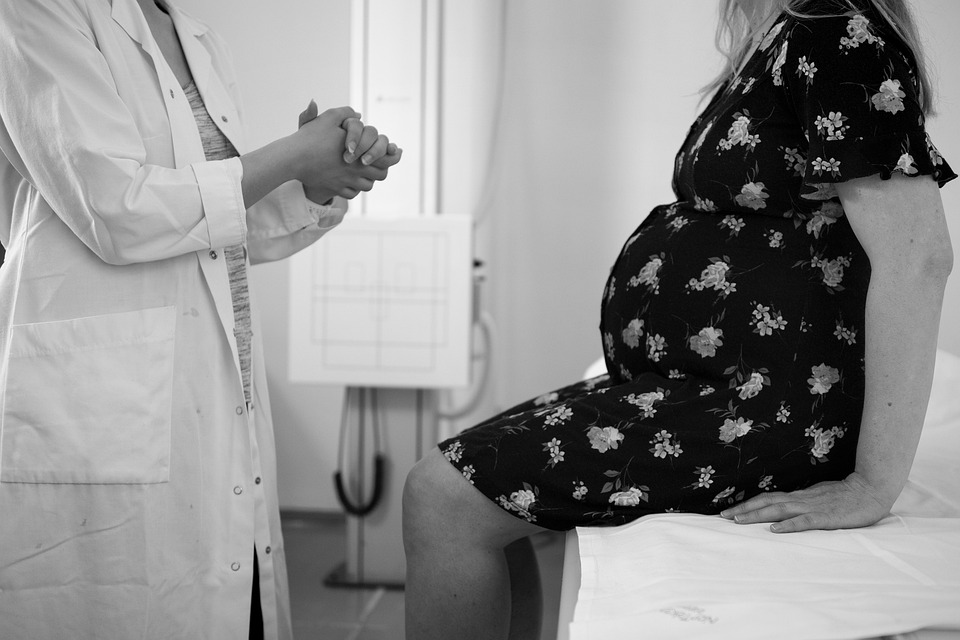Your body is under plenty of stress during pregnancy. So, it is only natural to make various modifications. Sometimes these ongoing changes can cause irritation or discomfort. There is rarely a need for serious action, but you should mention anything that worries you to your doctor or midwife.
1. Constipation
Your hormonal and diet changes may lead to constipation early in your pregnancy which can be frustrating. There are a few things you can do to prevent that:
- Drink plenty of water throughout the day
- Eat high-fiber foods, such as whole-meal breads, cereals, fruits, and vegetables
- Exercise regularly to help your muscles and keep your body dynamic
2. Cramps
Cramp is a sudden stiffness of any muscle that causes pain. It usually happens in your thigh, calf, or feet. This unpleasant sensation is most common at night. There are gentle exercises designed for pregnancy involving ankle and leg movements that may help prevent cramps by improving circulation. For instance, if you pull your toes hard up towards your ankle it may ease the cramp.
3. Feeling light-headed
Due to hormonal changes, you might feel faints during your pregnancy. It happens when your brain doesn’t receive enough blood and oxygen. It is most likely to happen when you stand up too quickly, but remember that it can also happen even when you are lying.
Here are some tips to help avoid this incident:
- Avoid getting up too quickly. It gives your body time to adapt
- In case you felt faint, find a place to sit or lie down as soon as possible
- If the faint didn’t pass or you feel faint while lying on your back, lie on your side
4. Feeling hot
Again, due to hormonal changes and an increase in blood flow to your skin, you’d feel warmer than usual during pregnancy. You’re also likely to sweat more. If it is disturbing you, you can:
- Keep your room temperature cool
- Wear loose outfits made of natural fibers cloths
- Simply you can just wash more frequently
5. Peeing when sneezing
It is a common issue both during and after pregnancy. When you cough, laugh, or sneeze hard, or move suddenly, you may not be able to stop peeing a little. This is due to the adaptation of the muscles around your bladder (pelvic floor muscles). They stay more relaxed to prepare for the delivery of your baby. There are exercises you can do to strengthen the muscles in the pelvic area. But don’t worry, in most cases, incontinence is treatable and you might need to consult your doctor.
6. Peeing way more than before
The urge to pee a lot starts in early pregnancy and sometimes may last until the baby is born. It is important to stay hydrated during the day but, if you need to get up in the middle of the night to pee, cut down on drinking in the late evening. In the later stages of pregnancy, it’s caused by the baby’s head pressing on your bladder. You may reduce the womb pressure on the bladder by rocking back and forth while on the toilet.
If you felt any pain while peeing or you passed blood in your pee, you may have a urine infection. Drink plenty of water and contact your doctor because you need treatment.
7. Hair and skin changes
Hormonal changes taking place in pregnancy may make your nipples and the area around them go darker. Your skin color may also darken a little, either in patches or all over.
Birthmarks, moles, and freckles may also darken. You may develop a dark line down the middle of your stomach. These changes will gradually fade after the baby is born, although your nipples may remain a little darker.
If you sunbathe while pregnant, you may find you burn more easily. Protect your skin with a high-factor sunscreen and don’t stay in the sun for a long time. Read more about sunscreen and sun safety.
8. Varicose veins in pregnancy
Varicose veins are veins that have become swollen. They can be uncomfortable but aren’t harmful. They most commonly affect leg veins. You can also get varicose veins in the vaginal opening (vulva), although these usually get better after birth.
If you have varicose veins, you should:
- avoid standing for long periods
- try not to sit with your legs crossed
- try not to put on too much weight, as this increases the pressure
- sit with your legs up as often as you can to ease the discomfort
- try compression tights, which you can buy at most pharmacies – they won’t prevent varicose veins but can ease the symptoms
- try sleeping with your legs higher than the rest of your body – use pillows under your ankles or put books under the foot of your bed
do foot and other antenatal exercises, such as walking and swimming, which will help your circulation




